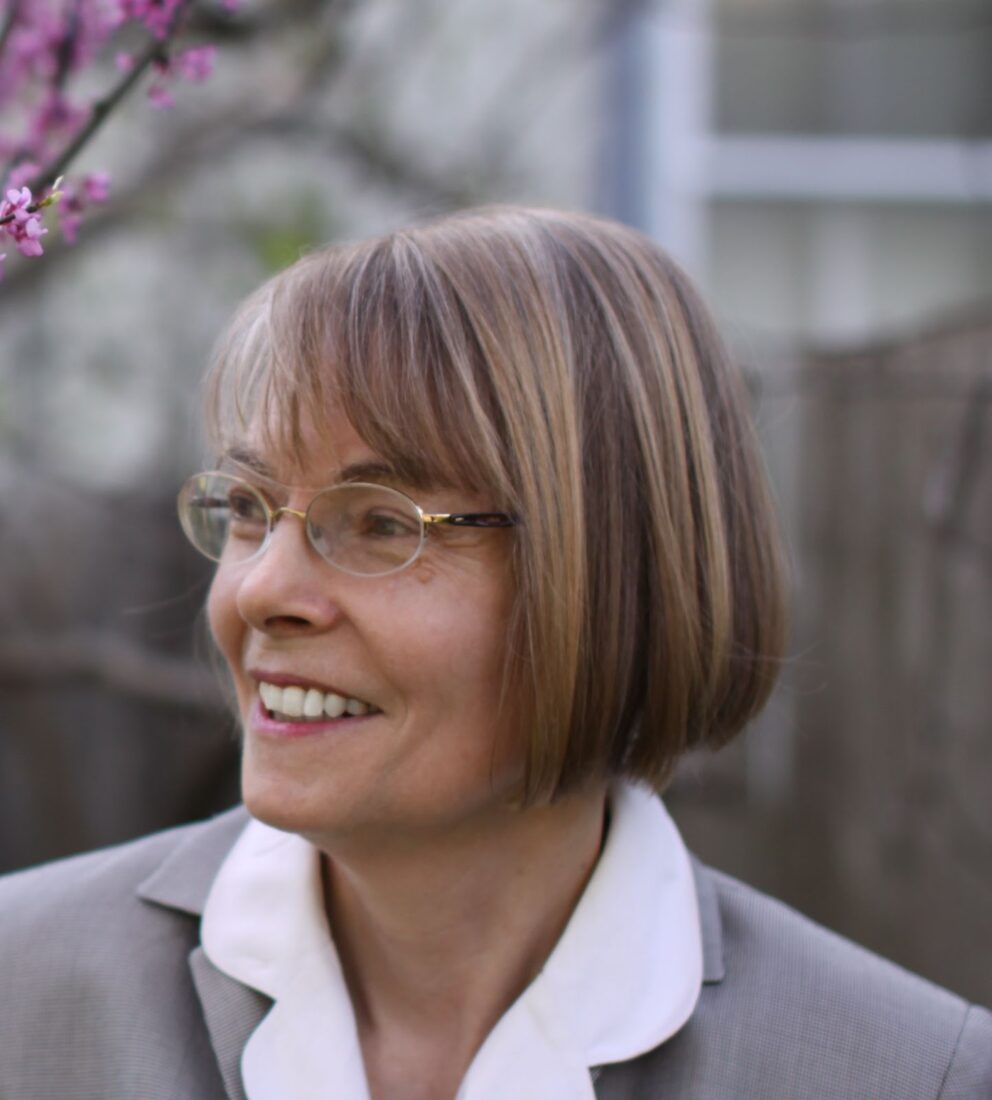Majority Rule and Wide Consultation among the Living and the Dead in the Early Empires in China
3335 Dwinelle
Michael Nylan, Jane K. Sather History Chair at UC Berkeley
The old narratives about Early China presupposed an autocratic emperor who rules by whim, the so-called “Oriental Despot” of early modern European racist fantasies. Abundant evidence from the standard histories, masterworks, and recently excavated manuscripts contradicts this narrative. This talk will explore the role of majority rule voting in the court’s policy-making, resort to referenda and local consultations in the provinces, and regular application by the emperor and his administration to the unseen powers for guidance, as this bundle of measures was deemed vital to good governance in antiquity.
Michael Nylan 戴梅可 generally writes in three disciplines: the early empires in China, philosophy, and art and archaeology. Her current projects include a reconstruction of a Han-era Documents classic (submitted to press; under review); a general-interest study of the “Four Fathers of History” (Herodotus, Thucydides, Sima Qian, and Ban Gu), which is nearly done, and a study of the politics of the common good in early China tentatively entitled The Air We Breathe. Recent published books include Chang’an 26 BCE: an Augustan age in China, with substantive comparisons to Rome and the Roman empire; The Chinese Pleasure Book; and two translations, of Yang Xiong’s Fayan and The Art of War.
Research interests include early China and its modern reception: Seven centuries of Warring States through Eastern Han (475 BC–AD 220), with an emphasis on sociopolitical context; aesthetic theories and material culture; and cosmological belief; gender history and the history of such emotions as “daring” and “salutary fear” (a.k.a. prudential caution). Her new research is on the Four Fathers of History (Herodotus, Thucydides, Sima Qian, and Ban Gu); on the distinctive sociopolitical and culture conditions for classical learning in the two Han dynasties; and on “the politics of the common good” in early China. She is also working on two book-length translations for the University of Washington Press (“Classics of Chinese Thought”) series: (1) The Documents (Shangshu or Shu ching), in collaboration with He Ruyue, Shaanxi Shifan daxue; and (2) Wang Ch’ung’s Lun heng.
Presented by the Berkeley Center for the Study of Religion with generous support from the Henry Luce Foundation.

